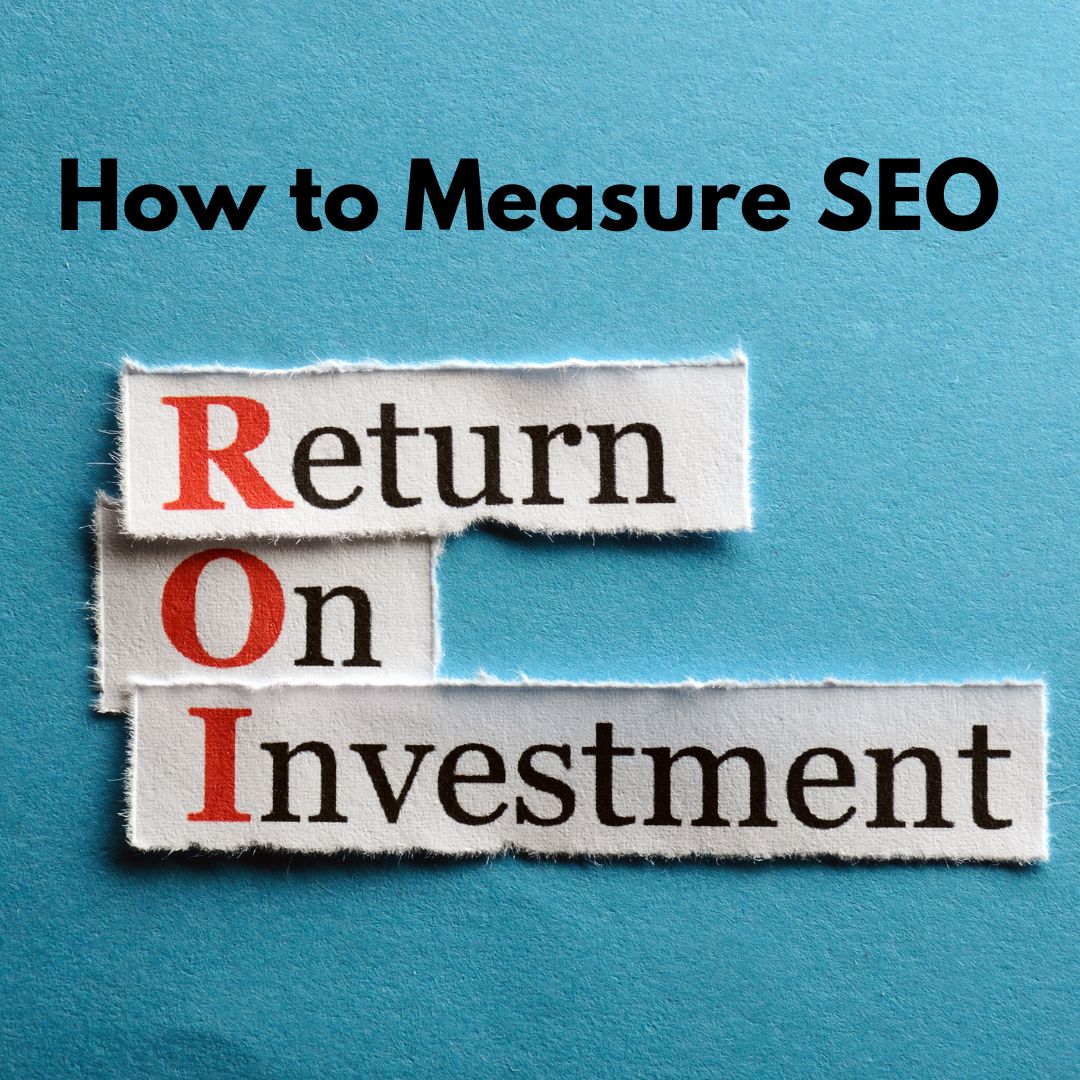What is the Google Sandbox? The term "Google Sandbox" refers to a speculated phase where…

How to Measure SEO ROI?
How to Measure SEO ROI?
What’s SEO ROI? Let’s understand this. The Return on Investment (ROI) of Search Engine Optimization (SEO) is not just a luxury, but a necessity for businesses seeking to gauge the effectiveness of their online strategies. This critical assessment allows for informed decision-making and fine-tuning of future SEO investments. Although navigating through the complexities of SEO ROI may seem daunting, owing to the myriad of factors at play, adopting a systematic and structured approach simplifies this task, transforming it into an insightful and manageable exercise.
Calculating Search Engine Optimisation ROI
The basic formula for calculating SEO ROI is: ROI (%) = ((Revenue – Cost of SEO) / Cost of SEO) x 100
Scenario: Suppose a company, “XYZ” decides to invest in SEO to improve its online visibility and drive more sales. Over six months, the company spends money on various SEO activities like content creation, keyword research, website optimization, and link building.
Details:
- Total Cost of SEO Investment: $30,000
- Total Revenue from SEO (over six months): $120,000
SEO ROI Calculation: Using the formula: ROI (%) = ((Revenue – Cost of SEO) / Cost of SEO) x 100
(($120,000 – $30,000) / $30,000) x 100
= 300%
This calculation shows that Company XYZ achieved a 300% return on their SEO investment. For every pound they spent on SEO, they earned three pounds in return. This high ROI suggests that the company’s investment in SEO was very effective, significantly contributing to its revenue. Also, this calculation involves understanding both the revenue generated from your SEO efforts and the total costs associated with these efforts. The revenue can be derived from various sources such as increased sales, leads, or sign-ups attributed to SEO, while costs include expenses on website optimization, content creation, link building, and tools or services employed for SEO activities.
Monitoring Key Metrics
Several key metrics are vital for measuring SEO ROI:
- Organic Traffic: This involves tracking the amount of traffic coming to your website through organic search results. Tools like Google Analytics are essential for monitoring this.
- Keyword Rankings: Understanding how your target keywords are performing in search engine result pages helps in evaluating the effectiveness of your SEO strategies.
- Conversion Rates: This metric helps in understanding how many visitors are converting into customers or leads as a result of your SEO efforts.
Assigning Monetary Value to Organic Traffic
Assigning a monetary value to organic traffic can be done through different approaches like calculating the Lifetime Value (LTV) of a customer, the Average Order Value (AOV), or using a similar Cost per Acquisition (CPA) value as used in other marketing channels. This helps in quantifying the revenue generated through SEO-driven conversions.
Addressing Challenges in Measuring Search Engine Optimisation ROI
Measuring SEO ROI comes with its challenges. For instance, attribution can be tricky since organic search traffic can span the entire customer journey from awareness to retention. Additionally, it’s difficult to measure the retention impact of SEO and the connection between SEO and brand-building. Huge time discrepancies between investment and return periods and limited capabilities in SEO testing also pose challenges in accurately calculating SEO ROI.
Forecasting the Future of Search Engine Optimisation ROI
For forecasting, consider factors like your website’s past SEO performance, your traffic potential, and your average conversion rate. Tools like Semrush’s Domain Overview can help compare your site’s performance with that of competitors, understand traffic trends, and identify opportunities.
Conclusion
In conclusion, measuring the ROI of SEO is a vital aspect of digital marketing. By setting clear goals, tracking relevant metrics, understanding the costs, and assigning monetary values to organic traffic, you can gain valuable insights into the effectiveness of your SEO efforts. It’s important to remember that SEO is a long-term strategy, and regular evaluation and adjustment of your strategies are key to maximising ROI. Want to know more about our SEO services? Contact us here today.



